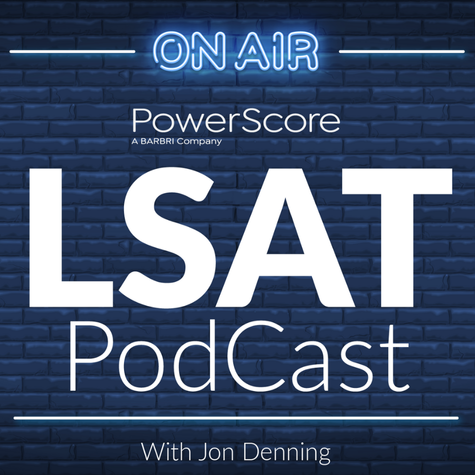BarbriPodcastDetailsWidget
Breadcrumb
Air Date : Thu, 03 Oct 2019
Episode Length : 47:26
Episode Description
In this fourth and final edition of their Flaw in the Reasoning coverage, Dave and Jon explore one of the LSAT’s most nerve-wracking scenarios: correctly approaching Flaw questions where the error isn’t common or clear. So how do you solve for flaws you can’t identify? Tune in to find out!
Episode Timestamps
- 0:00 – Intro. This week we’re drinking Painkillers and red wine (not together though!), and in honor of Ric Ocasek’s passing, we have a musical classic from The Cars that fits our Flaw theme: Dangerous Type.
- 5:07 – This week in the LSAT world. The first test of the fall (and first fully digital test ever) is coming up this week! Listen to our Crystal Ball podcast prediction and test week prep podcast episodes if you’re taking the September test.
- Logical Reasoning Flaw Discussions
- 8:44 – Errors of Composition and Division. These are part-to-whole and whole-to-part flaws, and if you don’t wholly understand them, you could misunderstand parts of certain LR questions.
- 24:40 – Uncertain Use of a Term or Concept. Changing the meaning of key terms in the course of an argument is annoying and can be hard to identify. The guys make sure you know how to spot this one if it comes up on your test.
- 33:38 – False Analogy. The human brain is like a machine, coffee addicts are like alcoholics, and non-tippers are thieves. Or are they?
- 43:10 – False Dilemma (also known as False Dichotomy or Black and White Fallacy flaws). The guys use Tolstoy (!) to explain how some authors falsely conclude that since one option is unavailable, the other must occur. But must there be only two options? Usually not.
- 51:36 – Relativity Flaw. Fortunately, this isn’t a physics lesson, but a discussion of comparisons and conclusions, which is a lot more fun than it sounds!
- 59:28 – Sunk Cost/Concorde Fallacy. Probably the least frequently appearing LSAT flaw from this entire podcast series, but also the most fun to discuss since it applies to daily life. If you’ve ever hesitated over breaking up with someone because of the time invested, or made sure you finished a meal at an expensive restaurant even though you were full, you’ll understand this flaw immediately.
- 1:10:18 - Outro
-
Format: MP3
Other Podcasts...



